It Takes a Global Village to Tackle Child Labor on Farms
We can all play a crucial role to ensure that all children grow up in dignity. So, who’s with us?... Continue Reading
Home / Issues / Human rights / Child labor / Page 3
Some of world’s most traded goods—coffee, chocolate, tea, bananas, palm oil, and timber products—have human rights abuses, like child labor, embedded in their supply chains. In fact, the majority of children engaged in child labor worldwide—71 percent—are found in the agricultural sector.
There is no place in responsible business practices for child labor and other human rights violations. That’s why our 2020 Certification Program is shifting to an “Assess-and-address” approach, which goes much further than a simple prohibition approach in its ability to drive change on human rights. This risk-based approach focuses on prevention, collaboration, and improvement. It incentivizes farmers to tackle the root causes of child labor in collaboration with their supply chain, local government, and civil society, rather than hide it.
To further support farmers in their due diligence journey to prevent, monitor, and remediate the issue, we have developed a child labor toolkit. This step-by-step guide helps farms, businesses, and others to implement child labor due diligence, including risk assessments, mitigation actions, remediation, monitoring, engaging with children safely, and context behind legislation.
We call on you to take action to tackle child labor in your supply chain. Please contact us with additional questions.
Our comprehensive child labor toolkit offers step-by-step modules to assess, mitigate, monitor and remediate child labor in agricultural settings.
Read our position paper to learn how we tackle child labor in agricultural supply chains and rural communities.
Download this one-sheet on integrating our assess-and-address approach with CLMRS and Child-Labor Free Zones.
Learn more about our community approach to addressing child labor in Turkey.
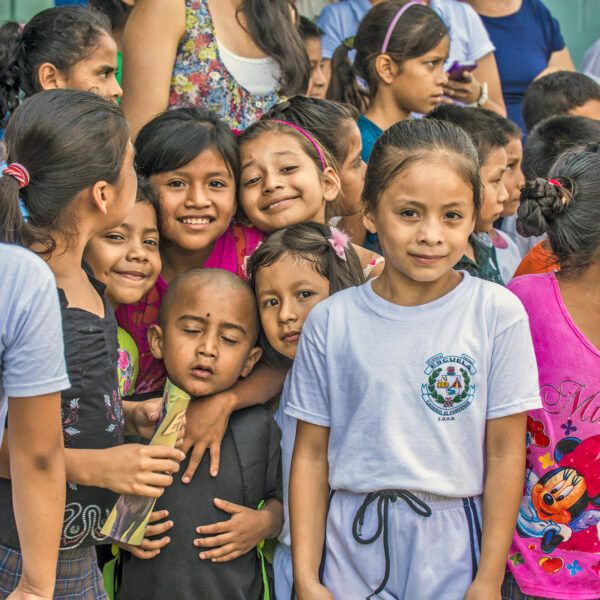
We can all play a crucial role to ensure that all children grow up in dignity. So, who’s with us?... Continue Reading
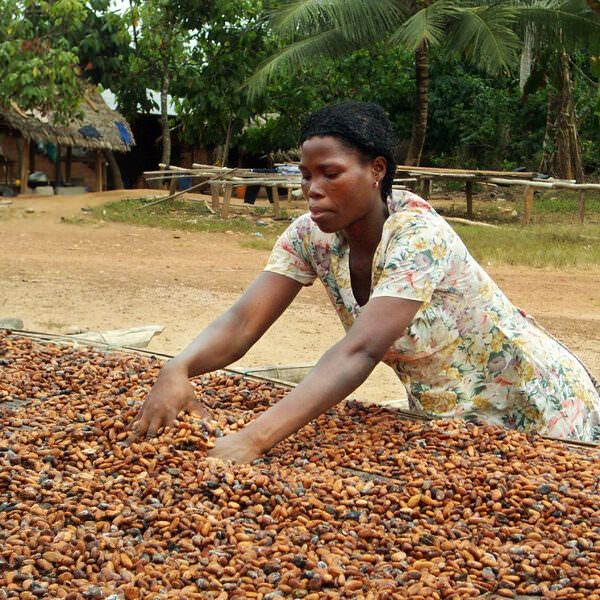
Our assess-and-address approach focuses on prevention, engagement, and improvement of human rights issues, and incentivizes farmers and companies to tackle human rights issues rather than hide them.... Continue Reading
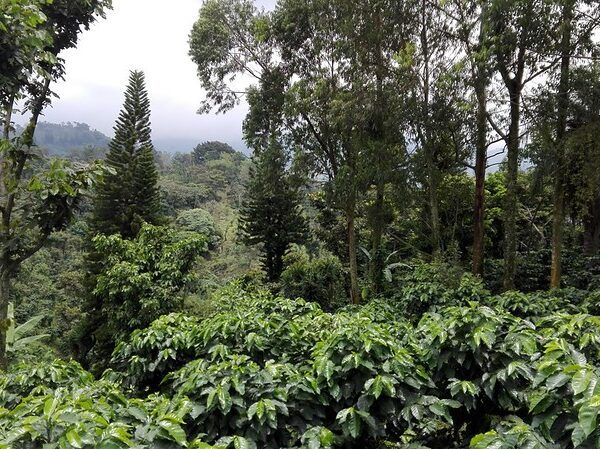
For the Rainforest Alliance’s Claudia Medrano, preventing child labor in Guatemala’s coffee landscapes is personal... Continue Reading
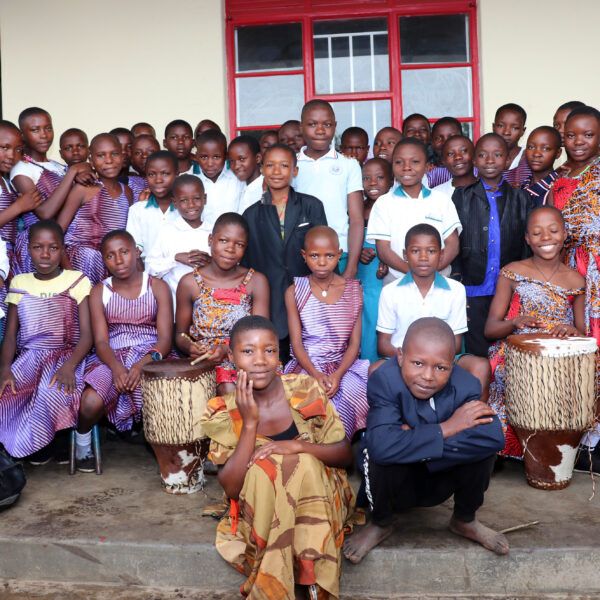
With the overarching goal of reducing child labor within coffee-farming communities, this project aims to create specific impacts within the partner communities—generating insights for other stakeholders to follow within their own contexts... Continue Reading
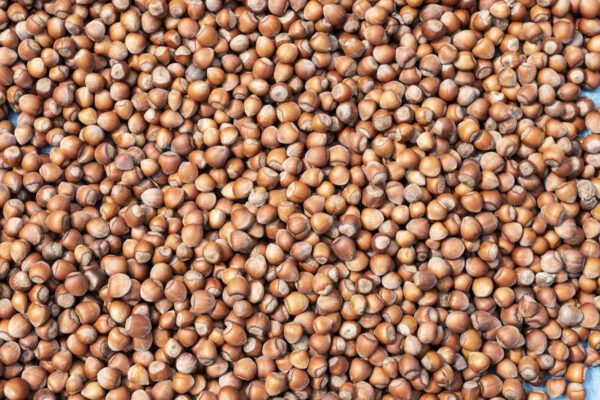
Child labor is widespread on Turkish hazelnut farms. Discover our collaborative approach to help farmers address child labor on the ground. ... Continue Reading

Dive into our 2022 Annual Report—and discover the extraordinary people and places at the heart of our global mission. We’re all in. Are you?
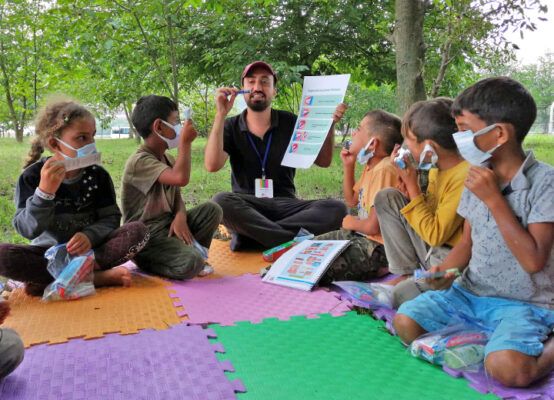
To end child labor on hazelnut farms, the Rainforest Alliance has built a broad partnership of farmers, parents, teachers, hazelnut companies, NGOs, and local government. Learn about our work in this video.... Continue Reading
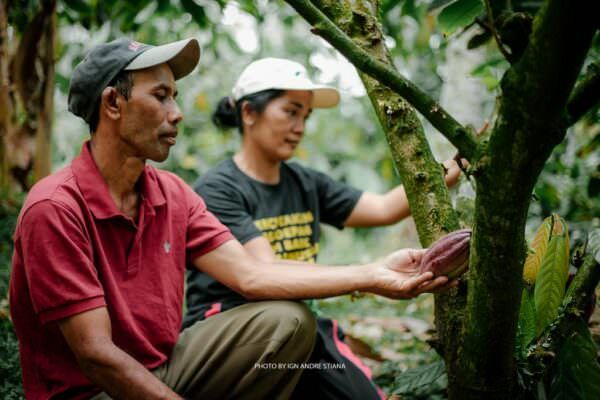
The Child Labor and Forced Labor Sector Risk Maps are part of our improved assurance system. Working with these maps, and our certification program, will give your company or farm the information needed to tackle human rights violations in your supply chain.... Continue Reading
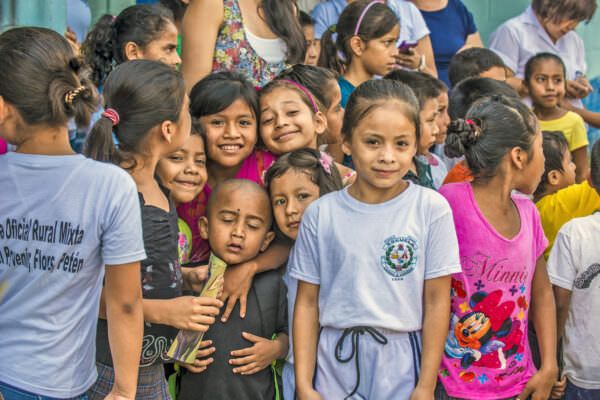
We can all play a crucial role to ensure that all children grow up in dignity. So, who’s with us?... Continue Reading
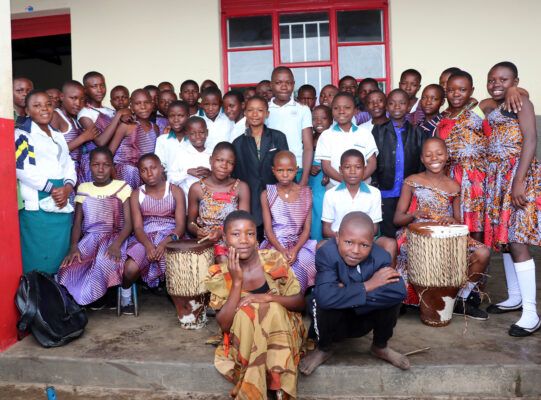
With the overarching goal of reducing child labor within coffee-farming communities, this project aims to create specific impacts within the partner communities—generating insights for other stakeholders to follow within their own contexts... Continue Reading